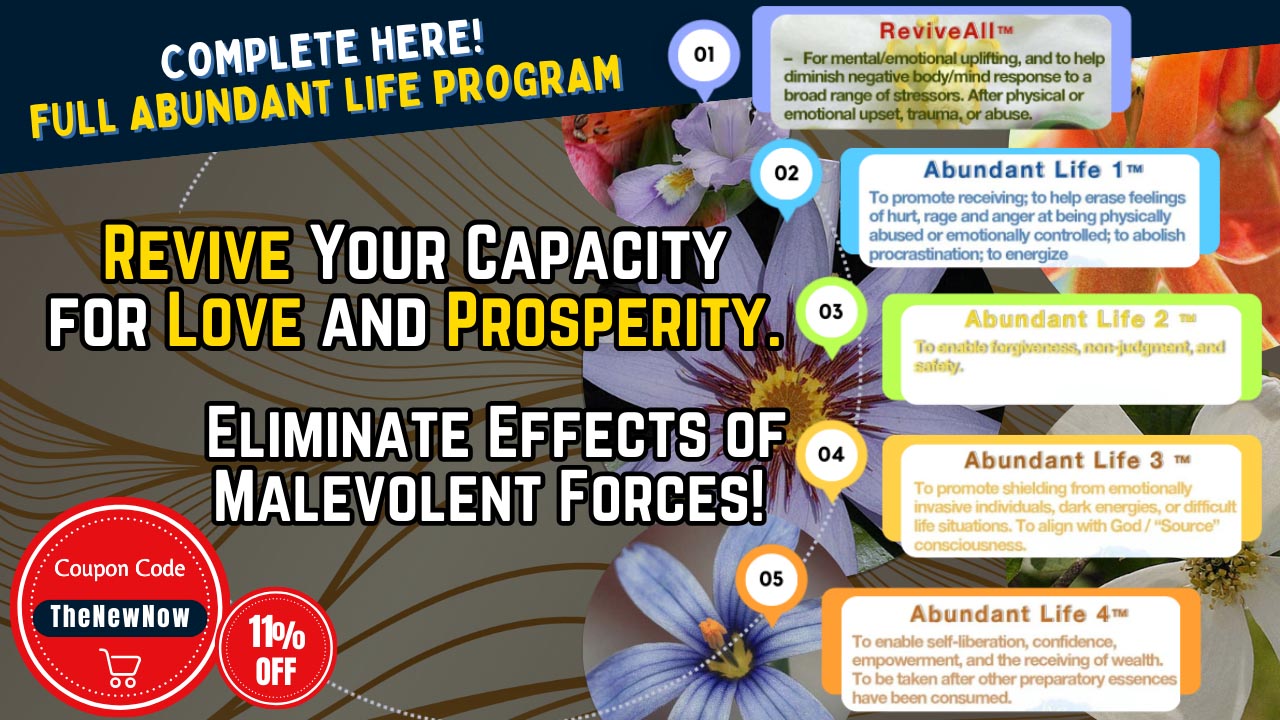1984 vs Brave New World
– How Freedom Dies
The following is a transcript of this video.
“If you want a picture of the future, imagine a boot stamping on a human face – forever.”
George Orwell, 1984
George Orwell’s writings have experienced a spike in popularity over the past several decades and for a good reason – modern societies are becoming ever more like the dystopia Orwell depicted in his novel 1984. Whether it be mass surveillance, the incessant use of propaganda, perpetual war, the manipulation of language, or the cult of personality surrounding political leaders, many consider Orwell’s novel to be prescient. While the West remains freer than the dystopian society of 1984, the trend of more and more power being concentrated in the hands of politicians and bureaucrats does not bode well for those who favour a free society. Orwell believed that the totalitarianism he portrayed in his novel was a distinct possibility for the West and at times he went as far as to suggest that it may in fact be inevitable. Or as he wrote:
“Almost certainly we are moving into an age of totalitarian dictatorships.”
George Orwell, Complete Works – Volume XII
In this video we will look at the cause of Orwell’s pessimism, focusing on two trends that increase the risk of a totalitarian future – the movement toward collectivism and the rise of hedonism. We then contrast Orwell’s views with those of another author of dystopian fiction – Aldous Huxley.
Collectivism is a doctrine, central to several ideologies, in which the goals of a certain collective, such as a state, a nation, a socio-economic class, an ethnic group, or a society, are given precedence over the goals of individuals. Socialism, communism, nationalism, and fascism are all collectivist ideologies. Orwell believed that a pre-condition for the rise of totalitarianism was the widespread adoption of a collectivist mentality, and all the totalitarian nations of the 20th century were organized based on some form of collectivist ideology – in the Soviet Union and China it was communism, in Germany and in Italy, fascism.
Orwell’s view of the connection between totalitarianism and collectivism has proved puzzling as Orwell was a staunch leftist, a critic of capitalism, and a socialist. How could someone who favoured socialism, a collectivist ideology, at the same time write a dystopian novel which portrays a collectivist society in such a horrific manner? To understand his position, it must first be realized that Orwell did not consider capitalism to be a viable system, or as he explains:
“It is not certain that Socialism is in all ways superior to capitalism but it is certain that, unlike capitalism, it can solve the problems of production and consumption.”
George Orwell, Complete Works – Volume XII
Capitalism was such an inadequate system in Orwell’s mind, that like many other leftists of his day, he believed it was on its deathbed and would soon be replaced by some form of collectivism. He saw this as inevitable. The issue for Orwell was what type of collectivism would take its place.
“The real question…is whether capitalism, now obviously doomed, is to give way to oligarchy [totalitarianism] or to true democracy [democratic socialism]”.
George Orwell, Complete Works – Volume XVIII
Following the death of capitalism Orwell hoped that democratic socialism would rise in the West. Democratic socialists, like Orwell, advocated for a centrally planned economy, nationalization of all major industry, and a radical decrease in wealth inequality. They were also strong supporters of civil liberties such as freedom of speech and freedom of assembly, which they hoped could be maintained in a society which would largely deprive people of their economic freedoms.
The problem, however, which Orwell and other socialists had to grapple with, were the lack of examples, past or present, of any country successfully adopting democratic socialism. Furthermore, when a government rids a populace of its economic freedom, the destruction of civil liberties tends to follow. For a centrally planned economy is rife with corruption, waste, and mismanagement and so for a government to maintain power as it parasitically saps wealth and resources from a populace it must limit their ability to speak out and protest. To make matters worse, all the states that had turned to collectivism in the first half of the 20th century, such as Nazi Germany and Soviet Russia, adopted what Orwell called oligarchical collectivism, not democratic socialism.
Oligarchical collectivism is a totalitarian system in which an elite few, under the guise of a collectivist ideology, centralize power using force and deception. Once in power these oligarchs take away not only the economic freedoms of their citizens, a move which socialists like Orwell favoured, but also their civil liberties. Orwell was concerned that following the death of capitalism the possibility existed that the entire Western world would succumb to oligarchical collectivism. One of the main reasons for this fear was his recognition that hedonism was on the rise in the West, and a hedonistic populace, according to Orwell, is a populace ripe for the taking by totalitarians.
Hedonism is an ethical position which maintains that life’s ultimate goal should be the maximization of pleasure and the minimization of pain and discomfort. In an increasingly urban and consumerist West, Orwell believed that many people were structuring their lives in a hedonistic manner. A hedonistic lifestyle, according to Orwell, weakens people, it makes them feeble and incapable of mounting any resistance against those who desire to rule over a society with force. Or as David Ramsay Steele writes:
“Orwell thinks that any group which gives itself over to hedonism must ultimately become easy meat for fanatical ideological enemies, which are more self-sacrificing, more dedicated, and more remorseless. The real enemy is not the lover of pleasure but the fanatic who is against pleasure, and the former is conceived as defenceless in face of the latter.”
David Ramsay Steele, Orwell Your Orwell
The West, since Orwell’s death in 1950, has become more hedonistic, and most people have been indoctrinated to accept collectivism in one form or another, but this has not led the permanent entrenchment of oligarchical collectivism. Rather, Aldous Huxley, the author of another famous 20th century dystopian novel, Brave New World, may have had a better grasp of the way Western societies would become enslaved in the late-20th and early-21st centuries.
Huxley, like Orwell, was an anti-hedonist, but his aversion to hedonism differed from Orwell’s. Huxley’s main concern was that hedonism could be used as an effective tool to oppress a society because people will willingly forgo freedom so long as their appetite for pleasure and consumption is fulfilled. If a society is structured so that people can devote much of their time to pursuing pleasures, gratifying material wants, and even drugging themselves to escape from reality, then persuasion and conditioning, rather than coercive force, will be sufficient to exert extreme control over a society. Under such conditions most people won’t even notice the chains of servitude that slowly tighten around them, or as Huxley wrote:
“In Brave New World non-stop distractions of the most fascinating nature…are deliberately used…for the purpose of preventing people from paying too much attention to the realities of the social and political situation.”
Aldous Huxley, Brave New World Revisited
Neil Postman in his book Amusing Ourselves to Death, contrasts the differing fears of Orwell and Huxley:
“What Orwell feared were those who would ban books. What Huxley feared was that there would be no reason to ban a book, for there would be no one who wanted to read one…Orwell feared that the truth would be concealed from us. Huxley feared the truth would be drowned in a sea of irrelevance. Orwell feared we would become a captive culture. Huxley feared we would become a trivial culture…In 1984 people are controlled by inflicting pain. In Brave New World, they are controlled by inflicting pleasure. In short, Orwell feared that what we fear will ruin us. Huxley feared that what we desire will ruin us.” (Neil Postman)
Neil Postman, Amusing Ourselves to Death
The West, it seems, finds itself in a situation analogous to what Huxley feared. We live in a society that is drowning in distractions. Most people spend more time staring at screens than interacting with people in the flesh and blood, and popping prescriptions pills, or self-medicating with alcohol or illicit drugs, has become the normal mode for coping with any form of distress. Most people still believe the West is free and the overt physical coercion that Orwell thought would be required to enslave a society has so far proven unnecessary. Through endless distractions, diversions, and the easy availability of pleasurable and distracting experiences, many embrace their lack of freedom and worship the society which has made their hedonistic lifestyle possible.
“The world’s stable now,’ says the Controller in Huxley’s Brave New World. ‘People are happy; they get what they want, and they never want what they can’t get.”
Aldous Huxley, Brave New World
Before dismissing Orwell’s fears completely, however, it must be noted that Orwell was familiar with Huxley’s position, and he did not deny that the hedonistic society Huxley feared was a possibility. But he saw it as a temporary stage creating the ideal conditions for a more brutal regime to seize control and impose its will on a society composed of weak and apathetic men and women. Whether Orwell will be proven correct remains to be seen, but as was revealed in the first few years of this decade, if a societal crisis emerges, most people will accept the more brutal form of totalitarianism that Orwell feared. So perhaps all that is missing to throw us permanently into the dystopian world depicted in 1984 is one more major social crisis.
Further Readings
© 2024 Academy of Ideas



 academyofideas.com
academyofideas.com


















